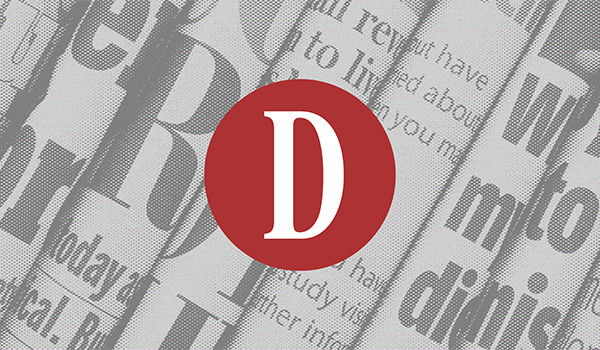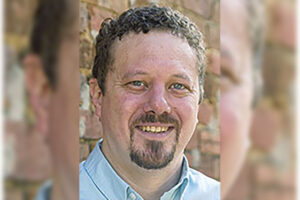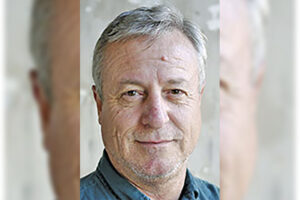Over the next five years, Mississippi will see a huge federal investment in roads, bridges, broadband, water supply and other crucial areas thanks to the bipartisan infrastructure bill that passed last week.
Please make sure to thank Republican Sen. Roger Wicker and Democrat Rep. Bennie Thompson. They are the only two members of Mississippi’s congressional delegation who saw fit to put politics aside and vote for this bill.
Here are a few examples of the investments that will be made in Mississippi infrastructure:
— $3.3 billion in federal-aid for highway programs
— $429 million to improve water infrastructure
— $225 million for bridge replacement and repairs
— $223 million for public transportation improvements
— $100 million to provide broadband coverage
— $99 million for airport improvements
— $51 million for expansion of an electric vehicle charging network
— $19 million to protect against wildfires
— $16 million to protect against cyberattacks
All totaled, Mississippi will receive up to $4.46 billion over five years for various projects.
Wicker, the lead Republican on the Senate Commerce Committee, helped negotiate the package, with particular focus on “surface infrastructure.” Thanks to the tough negotiations in the Senate, a once bloated bill that included far more investments in social programs than physical infrastructure became a responsible, focused bill.
“Republicans and Democrats agree that roads, bridges, broadband, ports and rail are the building blocks of a healthy economy. This bill makes historic down payments on those core priorities,” Wicker said after the bill passed the Senate in August.
But Wicker’s fellow Republicans — Sen. Cindy Hyde-Smith and Reps. Trent Kelly, Michael Guest and Steven Palazzo — all voted against the bill, citing a handful of political talking points as their rationale.
Most of those political talking points, however, are inaccurate.
For instance, some criticize the bill’s price tag, saying it is a wasteful piece of legislation. But, as Wicker told the Daily Journal during a September editorial board meeting, the $1 trillion price tag is misleading.
The bill includes $500 billion of what Congress normally spends on infrastructure spending each year, meaning additional spending is about $550 billion — far less than the more than $1 trillion in new spending Democrats originally proposed. That was one of the reasons Wicker and other Republicans in the Senate and House supported the bill.
No, this bill is not perfect. But — as the old Italian proverb says — perfect is often the enemy of good. And this bipartisan infrastructure bill is good for Mississippi.
The Magnolia State has nearly 1,400 bridges and nearly 6,000 miles of roadways in need of repair. Our rural water associations face millions in needed improvements. Broadband internet expansion in some areas — including the city of Tupelo — is still costly and slow to materialize because these areas are not included in recent rural broadband initiatives.
There is now funding for these needs.
Perhaps more important is the long-term impact this bill could have on Mississippi. Wicker, in a speech on the Senate floor, talked about the 1987 four-lane highway bill passed by the state Legislature, calling it “one of Mississippi’s most significant pieces of legislation for job creation.”
“For this small-town boy from Mississippi, this is just as pivotal a moment,” Wicker said of passing the bill.
We are glad Wicker and Thompson rose to meet the moment for the future of Mississippi. Perhaps in the future, the rest of our congressional delegation will focus more on what’s best for Mississippi and less on their Washington political games.
Tupelo Daily Journal, Nov. 9
You can help your community
Quality, in-depth journalism is essential to a healthy community. The Dispatch brings you the most complete reporting and insightful commentary in the Golden Triangle, but we need your help to continue our efforts. In the past week, our reporters have posted 46 articles to cdispatch.com. Please consider subscribing to our website for only $2.30 per week to help support local journalism and our community.





